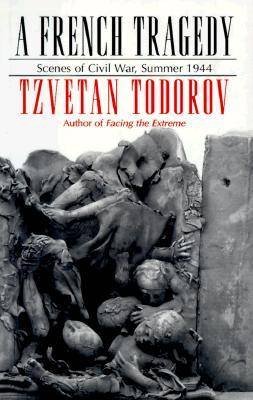Contemporary French Culture and Society
1 total work
As Allied troops landed in Normandy in 1944, members of the local French Resistance in the small town of Saint-Amand-Montrond embarked on an ill-fated attempt to liberate their town. Based on noble but politically questionable motives, and failing to inspire broader support, the incident quickly devolved from confrontation to a stand-off and ultimately to a tragedy. Resistance forces took and subsequently executed hostages; their opponents, the milice - collaborationist French police - and German soldiers rounded up 70 Jewish adults and children in retaliation and put many to a horrible death. Eminent literary and cultural critic Tzvetan Todorov examines the episode as history but also as a moral paradigm. Finding similar failures on both sides, he also cites a qualitative difference between the two, an irreducible asymmetry, which resides in their ideals, in totalitarianism versus democracy. Suspenseful, compelling, and uncompromisingly honest, A French Tragedy goes beyond the events themselves to ponder the nature of sacrifice, of suffering, and of individual responsibility in a world where civil war still thrives.
